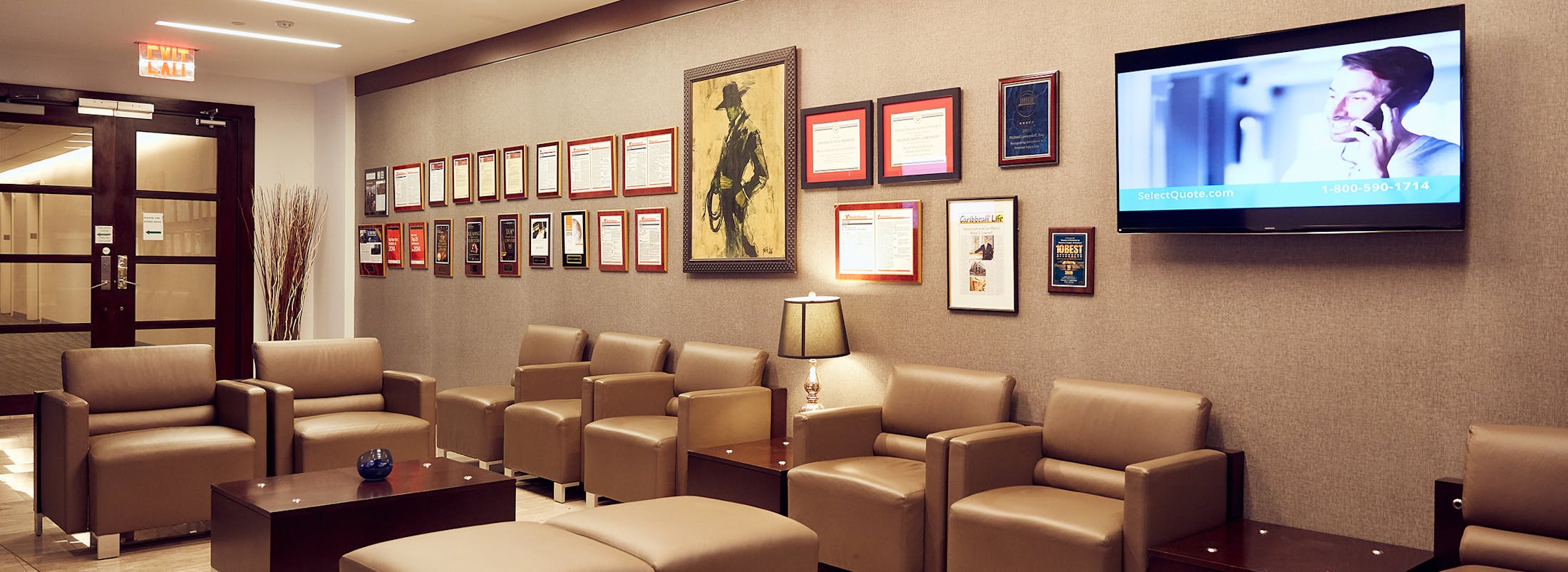Premises Liability vs. Negligence
Two of the most common legal doctrines that can be applied to personal injury claims are premises liability and negligence. Not many people, however, know the differences between the two legal doctrines. How exactly is premises liability different from general negligence? Here’s a quick breakdown…
Premises Liability vs. Negligence – Key Things You Need to Know
The legal doctrine of negligence can be applied to any kind of tort (civil wrongdoing) that results in property damage and injuries. Premises liability is a subset of the legal doctrine of negligence and is applicable only to torts that occur on someone’s property. In other words, all premises liability claims are based on the legal doctrine of negligence, but not all negligence claims might be based on the legal doctrine of premises liability.
Difference between Premises Liability and Negligence
A negligence-based legal claim usually arises out of a negligent act by the at-fault party. For instance, if a motorist runs a red light and causes an accident, it is considered an act of negligence. Similarly, if a construction contractor fails to provide their employees with protective equipment or fails to have proper fall protection mechanisms in place, it can be considered an act of negligence.
A premises liability claim, on the other hand, can arise from a defective or dangerous condition on a property. The basis of a premises liability claim is that the property owner or occupier failed to take reasonable care to maintain the property in a relatively safe condition. Even if the property owner or occupier did not cause the unsafe condition in question, the mere fact that they knew about it and failed to rectify it in a timely manner is sufficient to hold them liable for any accident caused by the condition.
One of the most common examples of an unsafe or defective condition on a property is slippery, uneven, or broken floor surface. The property owner or occupier is required to inspect the condition of the floor – as well as other parts of the property – regularly and repair it as and when needed. If they fail to do so, they can be held liable for any accident caused by the aforementioned condition.
It should be noted that even if the owner or occupier claims that they were not aware of the defective condition, you might still be able to prove their liability – if the condition in question was so obvious that any reasonable person would have noticed it.
Injured in an Accident? Let Our Premises Liability Attorneys Help You Get the Compensation You Deserve
Whether it is a negligence claim or a premises liability claim, you need a New York premises liability attorney who is not only skilled, but also has the experience and resources needed to prove the at-fault party’s liability and get the compensation you deserve.
The personal injury attorneys at the Law Offices of Michael S. Lamonsoff have over 100 years of combined experience in handling tort claims and are committed to fight for your rights as an injury victim. We can investigate your case, determine whether it comes under the doctrine of premises liability or general negligence, gather the evidence needed to support your claim, and negotiate aggressively with the at-fault parties to get the compensation you are entitled to.
If you have any questions about your claim, call us today at 212-962-1020 or use our contact form to schedule a free consultation with a seasoned and capable injury lawyer from our firm.

